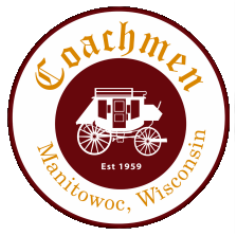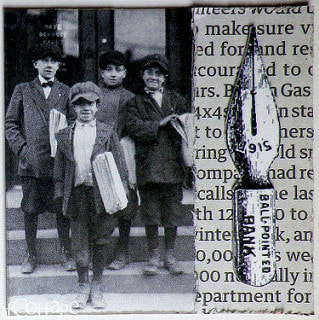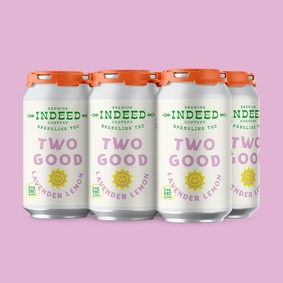A touch of THC headed to seltzers |
"We see more and more customers drinking less alcohol who are interested in alternative experiences," said Tom Whisenand, CEO of the Minneapolis brewery. "We're excited to have another offering."
Bent Paddle Brewing in Duluth is also bringing back its CBD seltzer this summer, including a new one with small amounts of hemp-sourced THC.
"We're looking into how we can best do that and make sure it's something we can offer customers for a long time to come," said Pepin Young, Bent Paddle's director of taproom and retail operations. "We're still going to paddle responsibly into these waters."
A number of Minnesota breweries are expected to make use of the new law that allows up to 5 milligrams of THC, the main intoxicating compound in cannabis, in food and drinks.
"We have members who are super curious as to the regulations and the ability to do THC seltzers," said Bob Galligan, director of government and industry relations for the Minnesota Craft Brewers Guild. "I know there are some who have started or will start producing them, and right now it's up to each business owner as we wade into these waters."
Indeed is aiming for an Aug. 1 launch of its Two Good seltzer, which will contain 2 mg of THC and 2 mg of CBD. One can might not get regular users high, but it will provide an intoxicating effect for many.
Bent Paddle is a few weeks out from releasing its seltzers, one of which will contain up to 2 mg of THC. Both breweries work with Minnesota-based Superior Molecular to get water-soluble cannabinoids from Minnesota-grown hemp. They previously made nonalcoholic seltzers with CBD only, which are also expected to return this summer.
Whisenand, of Indeed, said he's worked with lawyers, insurance, banks and credit card-processing companies to navigate the law as he works to "turn yellow caution lights green.""We're trying to be an example of a participant in this space who is cautious and prudent," he said. The consumer-education piece is important as well, said Young, of Bent Paddle. "With alcohol, it's really on the consumer," he said. "We want people to be aware that if there is hemp-derived THC present, we don't want to surprise them."
Both breweries are looking into whether they are able to sell THC seltzers at the taproom or only in cans for off-site consumption. Minnesota's cannabis edibles law allows up to 5 mg of THC per serving and up to 50 mg per clearly labeled package in food and drinks sold to those 21 and older. The Minnesota Board of Pharmacy is charged with overseeing the burgeoning industry.
As with edibles, the effects of THC may come on slowly when consumed in a beverage compared when smoked or vaped.
Local cannabis attorney Susan Burns said she thinks 2 mg is the right amount for beverages. "If you put 5 mg in there, many people could only have one," she said. "These are responsible business owners who want to meet customer demand and do it in a safe and legal way."
In states that have legalized recreational marijuana over the past decade, infused beverages are just starting to take off. Beverages accounted for 5% of cannabis sales in legal states but grew 64% between 2020 and 2021, according to a recent report from analytics firm BDSA.
Michigan-based Happi says its 2.5 mg THC seltzers have "just enough THC to leave you feeling buzzed (think one glass of wine)."
Michigan's recreational THC market is more heavily regulated than Minnesota's, however, and Galligan said breweries should proceed with caution. "Right now I'm telling our membership we're interested in this as a space, but tread lightly," he said. "We want to do what's best for safety and legality, and every day it becomes a little more clear."
Brooks Johnson is a business reporter covering Minnesota’s food industry, 3M and manufacturing trends.
brooks.johnson@startribune.com 612-673-7633 readbrooks



 RSS Feed
RSS Feed